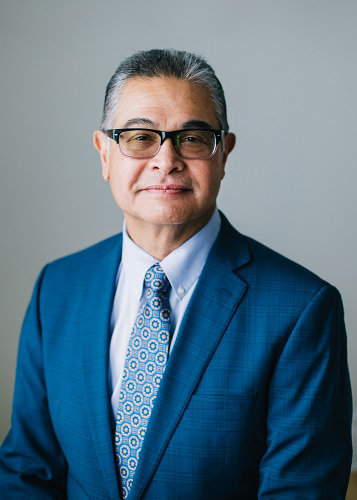
Few people in the modern United States have had to live with a lack of energy supplies. Even as a student in the mid-1970s and facing the inconvenience of lines at the gasoline station, I still had access to fuel and energy. Today much of the world’s population still does not have access to electricity. The International Energy Agency reports that in 2018, 860 million people in the world did not have access to electricity, and over 2.6 billion people did not have access to clean cooking fuels. Energy poverty is very real to nearly 1 billion people on our planet.
Today much of the world’s population still does not have access to electricity. The International Energy Agency reports that in 2018, 860 million people in the world did not have access to electricity, and over 2.6 billion people did not have access to clean cooking fuels. Energy poverty is very real to nearly 1 billion people on our planet.
When people do not have adequate energy fuels, they may spend hours each day gathering resources simply to cook. Often times, this job is left to women and children which curtails their basic survival needs or opportunities for education. There are also negative impacts on human health and safety, whether it’s the need for one street light for safety in a small African village or electricity for a regional clinic to help the sick.
Imagine what our lives would be without access to electricity or safe, clean cooking/heating fuels- cold showers in the winter, sweating in the summer heat, inability to find or cook food, walking or biking everywhere, not to mention no cell phones and computers. We are very fortunate to have such comforts and would be wise not to take these conveniences for granted.
I am thankful that I can be engaged in the important public service of facilitating responsible development of energy and minerals for the benefit of people in Utah and beyond our state’s borders. It may make only slight difference for those human beings who are trapped in situations of energy poverty, but it can increase the quality of life for those who benefit from such resources. And maybe in a small way, those benefits can trickle down to solve human problems throughout the world.

